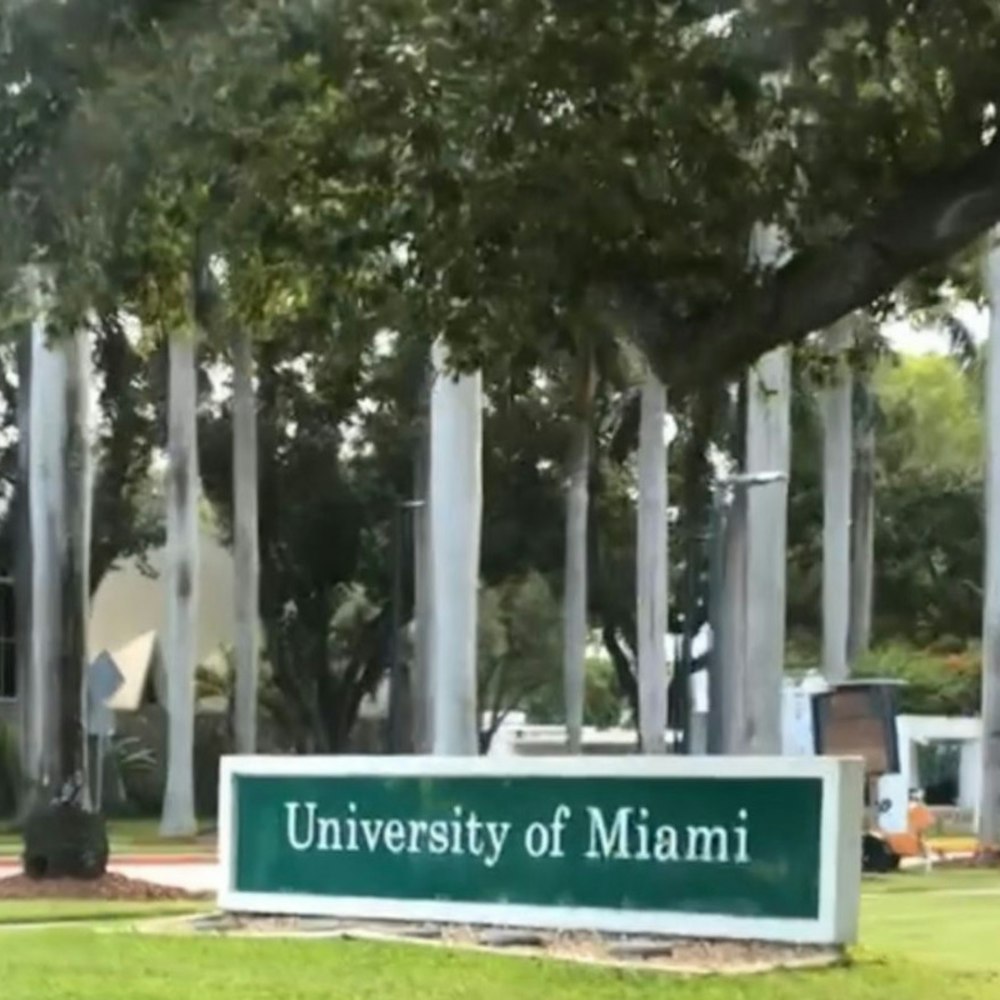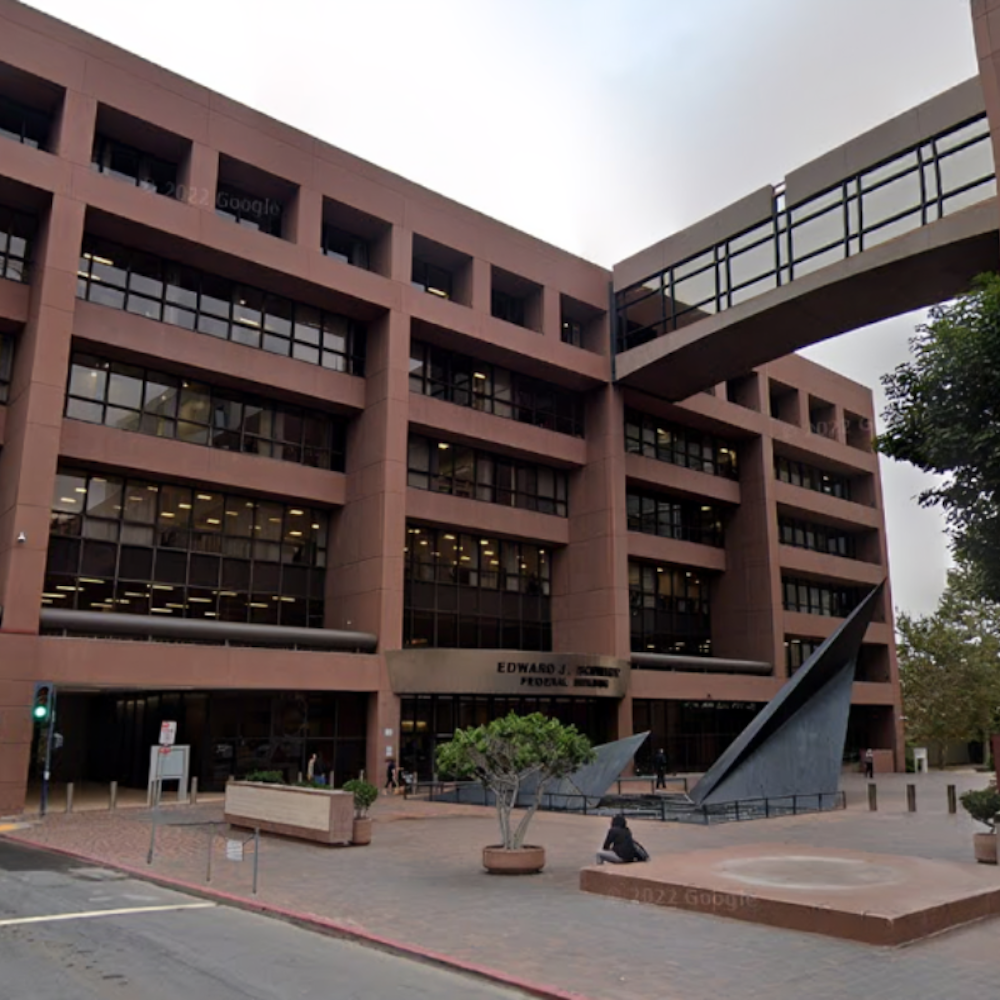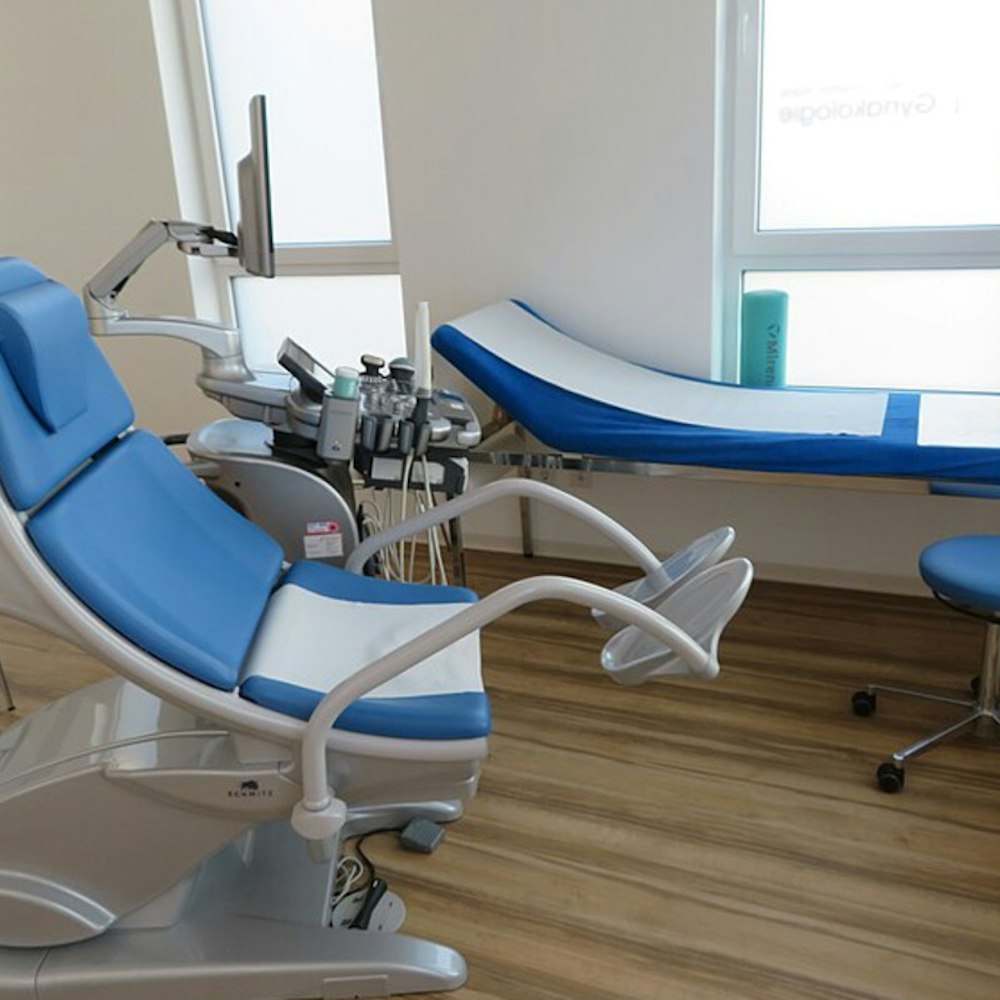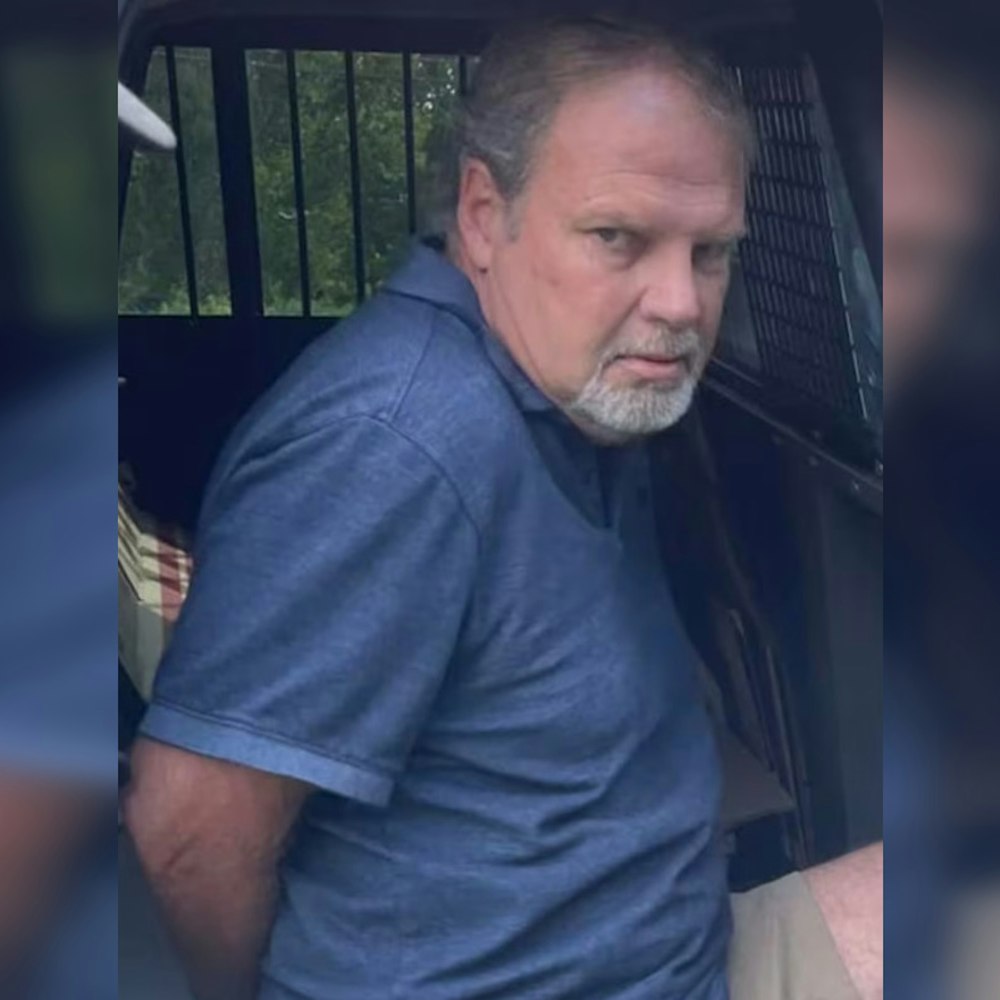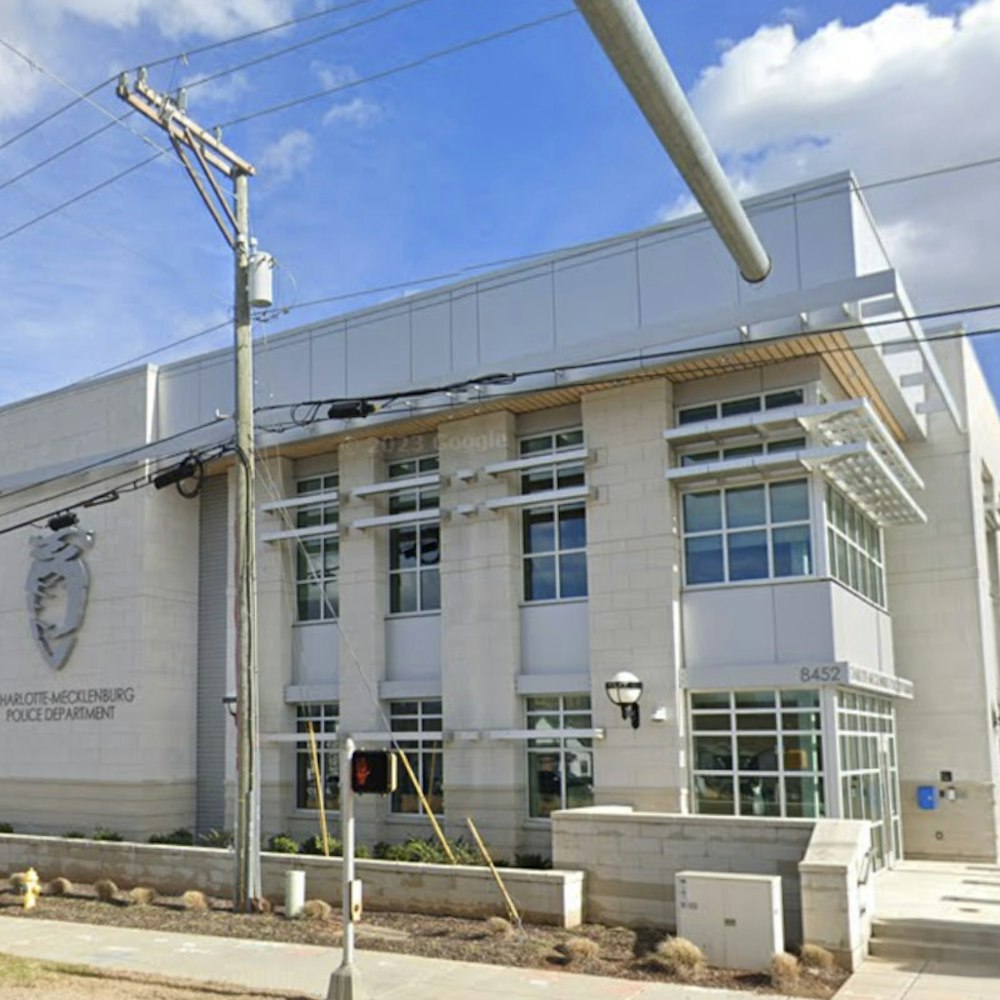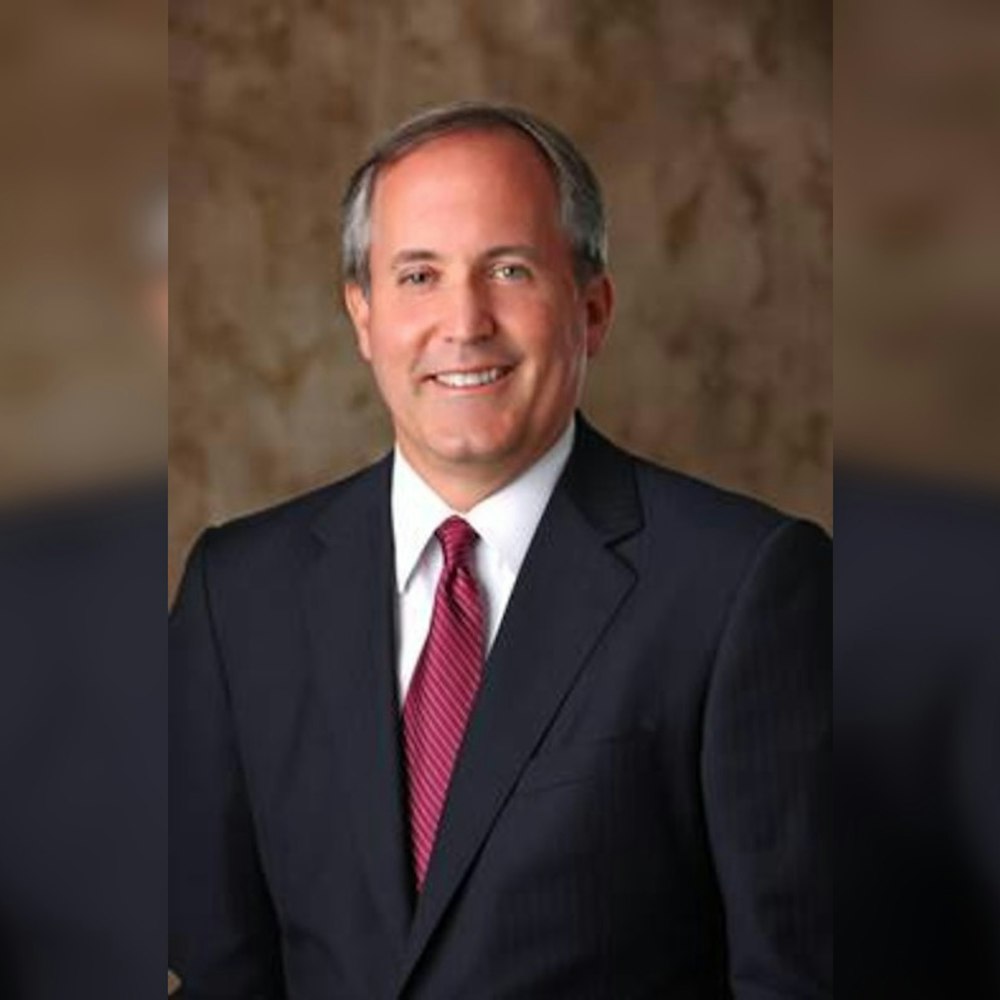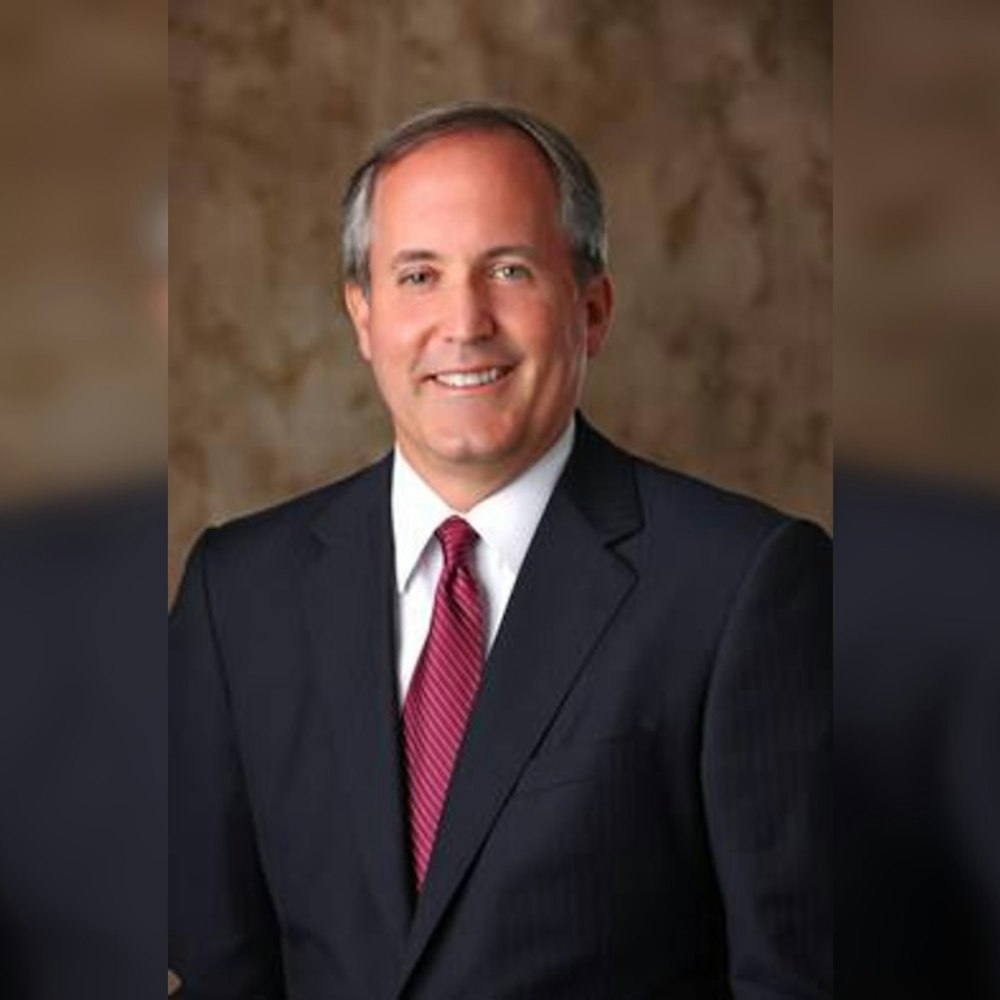
A wave of interest in the therapeutic benefits of mushrooms rolled into Austin this weekend, as UT Austin played host to the Texas Mushroom Conference for the second consecutive year. Organized by Myceliumatters, the panels highlighted how fungi can be more than just a pizza topping - exploring their roles as food, medicine, and possibly even as a treatment for mental health disorders.
At the forefront of this fungal renaissance is UT’s Dell Medical School, diving deep into the world of psilocybin - the psychedelic star of the mushroom world being eyed for its potential to heal minds scarred by trauma. According to KVUE, the substance is currently being tested to treat a range of conditions, from PTSD to depression. "The populations that are benefitting most from this treatment, or maybe most publicly from this treatment, are trauma victims," said Logan Davidson, Executive Director of Texans for Greater Mental Health, highlighting the significant impact it could have on veterans, first responders, and survivors of severe incidents.
In a nod to science over stigma, the Texas Legislature already gave the green light for such studies with near-unanimous support in the form of House Bill 1802 back in 2021. Even Rick Perry, the state's former governor and a cabinet secretary under Trump, has been batting for psychedelic medicine, especially when it comes to supporting those who’ve served in the military.
Meanwhile, behind the closed doors of the lab, UT's Center for Psychedelic Research and Therapy is on the hunt for volunteers willing to explore the inner workings of their psyche with the help of synthetic psilocybin. It's a call to arms (or perhaps, minds) for those with treatment-resistant depression and anorexia nervosa. Per information from MySA, interested parties can start their journey by filling out an online questionnaire to check their eligibility. Dr. Greg Fonzo, Co-Director of the Center, said that the aim is to untangle the mysteries of brain function in cases of trauma and stress-induced psychiatric conditions.
While the road to widespread medical approval is long and winding, advocates have their sights set on securing federal sanctioning by the decade’s end. If successful, this could open new therapeutic horizons for those battling the invisible wounds of mental health struggles. For now, though, in Texas, recreational use and possession of psilocybin remains off the table.
-1.webp?w=1000&h=1000&fit=crop&crop:edges)
